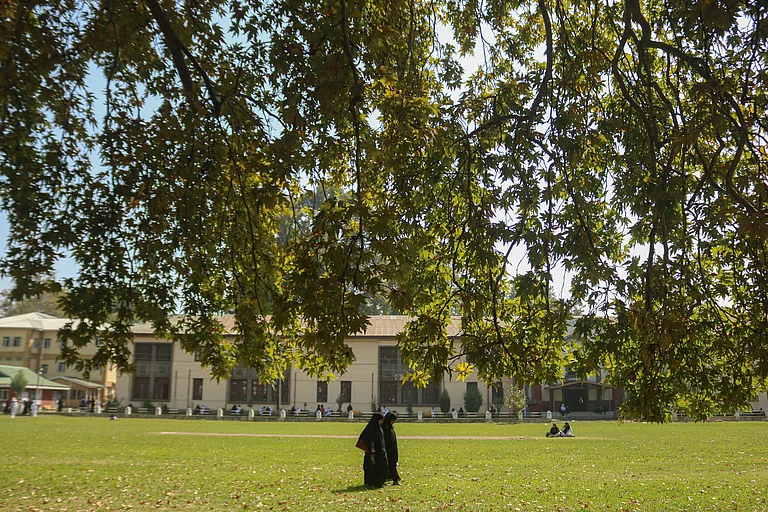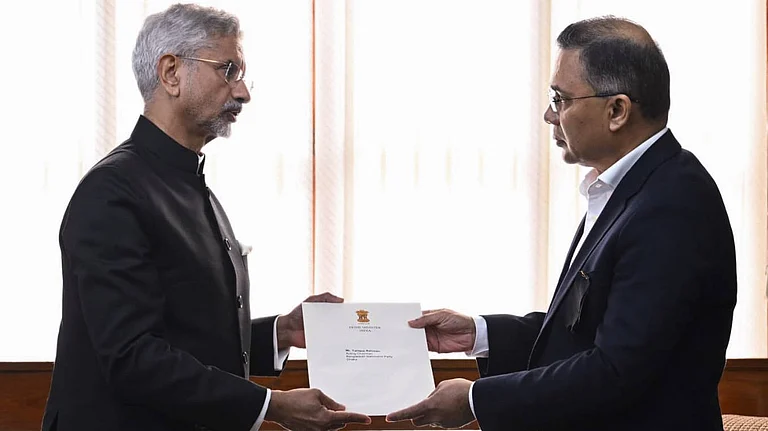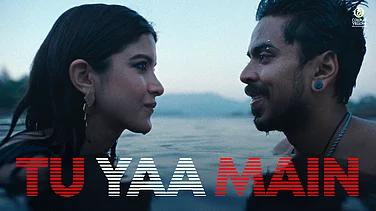Director Jayant Digambar Somalkar's debut Marathi film 'Sthal' (A Match) won the top Asian award on Sunday at the Toronto International Film Festival for its sheer raw power.
The film is the story of the fight of a young woman against the oppressive patriarchy which forces its decisions on her life.
Dedicating the NETPAC (Network for the Promotion of Asia Pacific Cinema) award to “all the brave women of the world who challenge their adverse circumstances,” Somalkar said this film is also very personal to him “as it was shot in my hometown where I was born.”
Meenakshi Shedde, who as TIFF’s Senior Programme Advisor for South Asia, was instrumental in bringing the film to this festival, said: “I am absolutely delighted with the NETPAC Award going to Sthal (A Match).”
She said, “It is a raw and powerful film about women who are paraded before potential suitors to arrange their marriages. It’s extremely humiliating for them as they are treated like slaves or products. They are assessed for…what is your name, what is your height, what is your education, can you cook, can you farm … and no question is ever asked of the boys. This process of leading to marriage (hopefully) is so humiliating and devastating for the girls’ families – both financially and psychologically.”
Shedde said the award for this film at the world’s premier film festival also assumes significance as the film subtly highlights the deep economic distress in the so-called farmers’ suicide belt of the Vidharbha region of Maharashtra.
“This film is the director’s biographical story as he shot it in his house and own village of Dongargaon in the cotton belt which is also tragically called the farmers’ suicide belt in the Vidharbha region. So he is also addressing the deeper socio-economic issues in which he places the context of this extremely powerful film.”
She added, “The minute I saw the film I think one of the things that attracted me terribly was that it has a raw and wonderful authentic energy which is very distinct from other kinds of film-making where the original voice may be lost or over-polished. But A Match has that raw and original power.”


























